
This article is more than
1 year oldThe United States’ Supreme Court has issued a hugely consequential ruling, which could dramatically expand the power of the nation’s president.
In a 6-3 ruling along partisan lines, published on Monday, local time, the court’s conservative majority decided American presidents have “absolute” immunity from prosecution for many of their “official acts” taken while in office.
That immunity from prosecution for violating the law does not extend to “unofficial” acts, the court ruled.
The decision came in response to a claim from former president Donald Trump - who appointed three of the justices in the majority - that he enjoyed absolute immunity for actions taken when he was still in the White House.
Mr Trump’s legal team made the claim in an attempt to dismiss criminal charges related to his efforts to overturn the results of the 2020 presidential election.
Lower courts will now need to decide whether or not the conduct in question falls under the banner of “official acts”.
“BIG WIN FOR OUR CONSTITUTION AND DEMOCRACY. PROUD TO BE AN AMERICAN,” Mr Trump wrote on his social media platform, Truth Social, in response to the court’s decision.
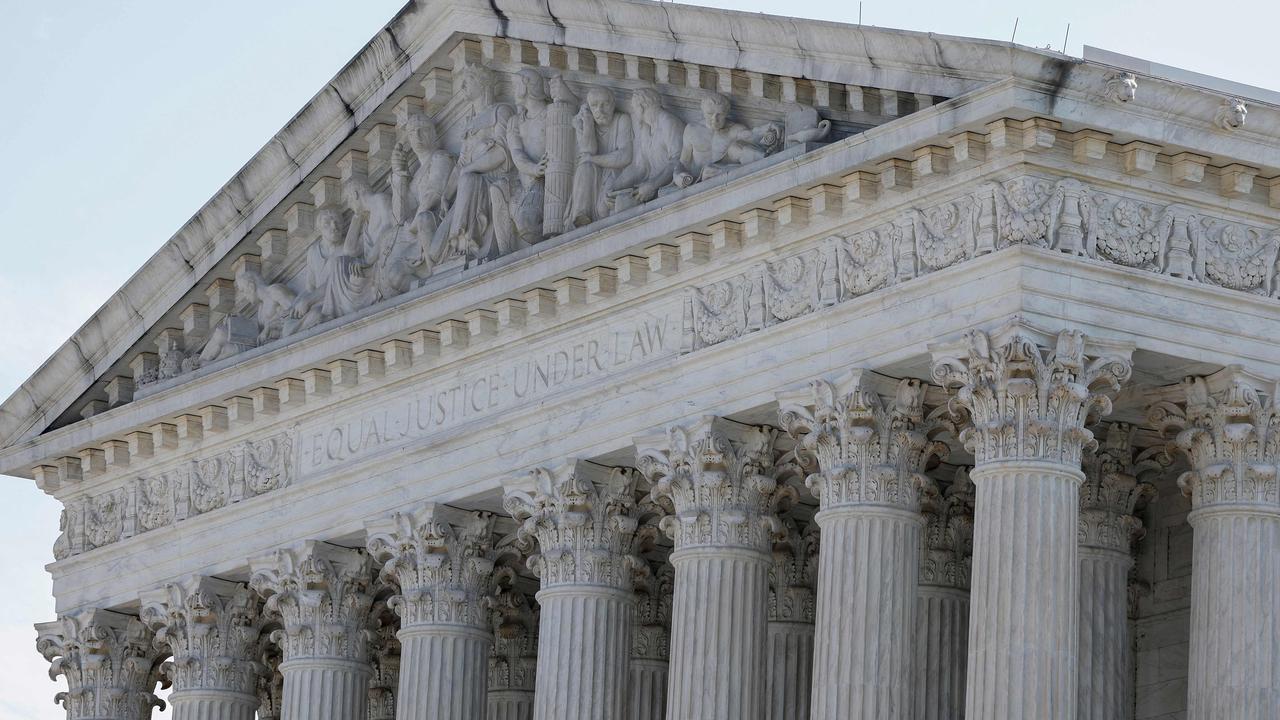
‘Immunity must be absolute’
Chief Justice John Roberts, one of the court’s conservatives, wrote the majority opinion.“Under our constitutional structure of separated powers, the nature of presidential power entitles a former president to absolute immunity from criminal prosecution for actions within his conclusive and preclusive constitutional authority,” Justice Roberts said.
“And he is entitled to at least presumptive immunity from prosecution for all his official acts. There is no immunity for unofficial acts.”
Justice Roberts stressed that the case against Mr Trump required a “careful assessment” of the scope of presidential power under America’s constitution.
“The nature of that power requires that a former president have some immunity from prosecution for official acts during his tenure in office,” he wrote.
“At least with respect to the president’s exercise of his core executive powers, this immunity must be absolute.”
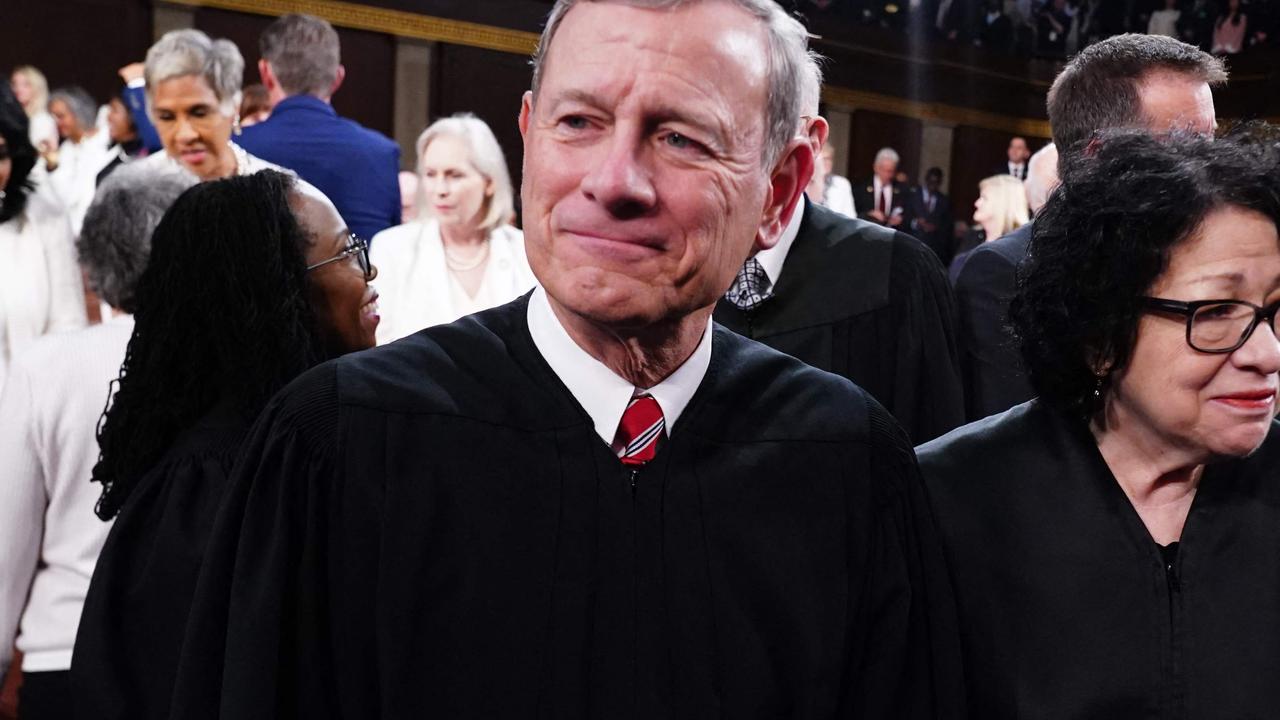
Justice Roberts said further legal proceedings in the lower courts would be required to determine which conduct by Mr Trump could be prosecuted.
Some of it has already been ruled out, including the then-president’s contacts with officials from the Justice Department, whom he allegedly tried to pressure into helping him overturn his defeat to Joe Biden in 2020.
According to the court, Mr Trump is also immune from prosecution over his actions towards his vice president, Mike Pence, whose role in certifying the election results was central to the riot at Washington D.C.’s Capitol Building on January 6, 2021.
“The president is not above the law. But Congress may not criminalise the president’s conduct in carrying out the responsibilities of the executive branch,” wrote Justice Roberts.
Another key detail within the court’s decision: none of the actions for which Mr Trump is immune can be admitted as evidence at trial.
While the ruling’s long-term implications for the case against Mr Trump remain unclear for now, it does mean there will be no resolution before the presidential election in November.
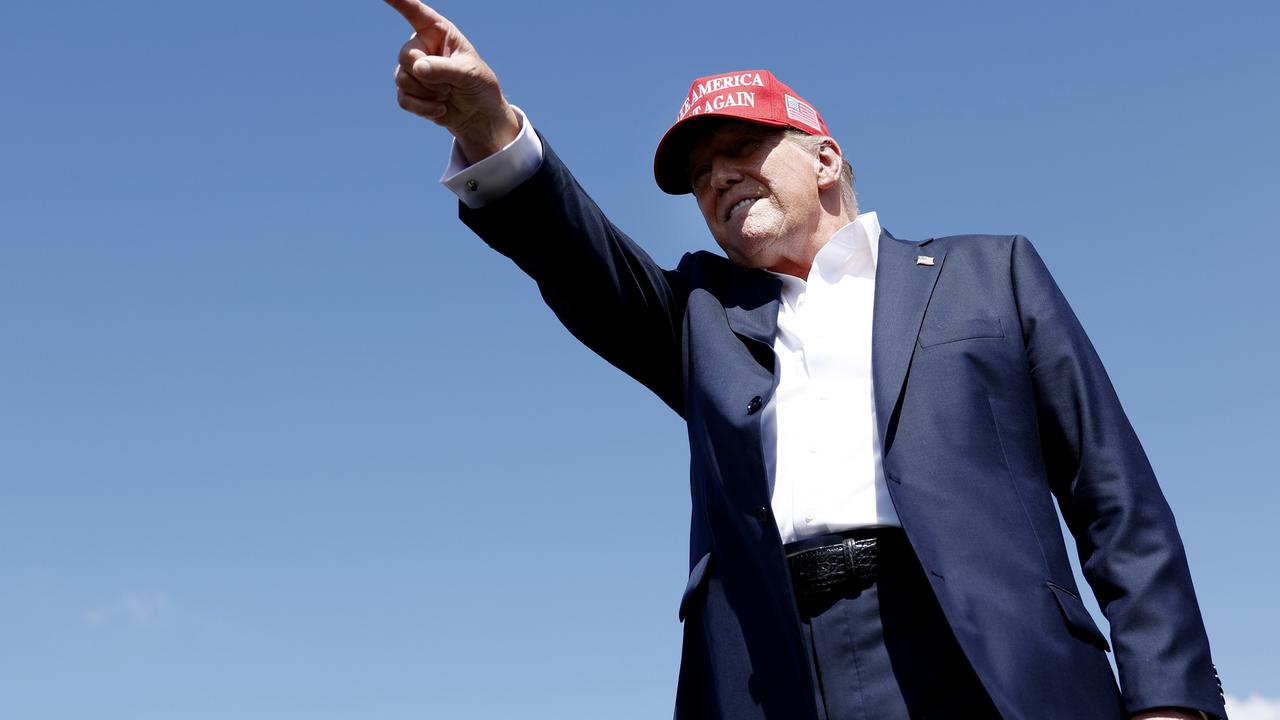
‘Fear for our democracy’
The Supreme Court’s three progressive justices dissented. In her written dissent, Justice Sonia Sotomayor argued the majority’s ruling made “a mockery of the principle, foundational to our constitution and system of government, that no man is above the law”.
“Let the president violate the law, let him exploit the trappings of his office for personal gain, let him use his official power for evil ends. Because if he knew that he may one day face liability for breaking the law, he might not be as bold and fearless as we would like him to be. That is the majority’s message today,” wrote Justice Sotomayor.
“Even if these nightmare scenarios never play out, and I pray they never do, the damage has been done. The relationship between the president and the people he serves has shifted irrevocably. In every use of official power, the president is now a king above the law.
“Orders the Navy’s Seal Team 6 to assassinate a political rival? Immune. Organizes a military coup to hold on to power? Immune. Takes a bribe in exchange for a pardon? Immune. Immune, immune, immune.
“With fear for our democracy, I dissent.”
Mr Trump appointed three of the current Supreme Court justices: Brett Kavanaugh, Neil Gorsuch and Amy Coney Barrett. Mr Biden appointed one: Ketanji Brown Jackson.
Of the remaining justices, three were appointed by Republican presidents and two by Democrats.
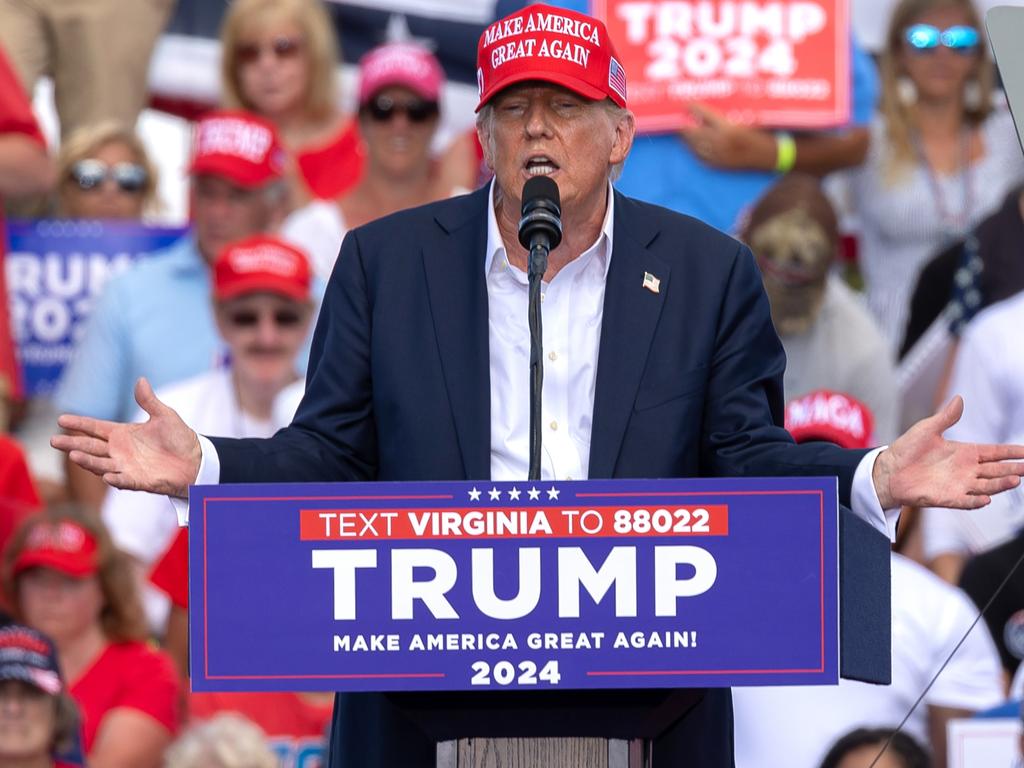
‘Defrauding the United States’
In the relevant case against him, brought by special counsel Jack Smith, Mr Trump is accused of criminally attempting “to defraud the United States by using dishonesty, fraud and deceit” to obstruct the electoral vote process, impeding “the January 6 congressional proceeding at which the collected results of the presidential election are counted and certified”, and working “against the right to vote and to have that vote counted.”
The former president’s team has claimed his efforts were “official acts” protected by his office, but Mr Smith argued they are still subject to criminal prosecution.
Last year, presiding US District Court Judge Tanya Chutkan rejected Trump’s “immunity” theory in a decision that was later upheld by the DC Circuit Court of Appeals in February. Proceedings were then placed on hold, pending Mr Trump’s appeal to the Supreme Court.
During one eye-catching exchange in the circuit court, Judge Florence Pan posed a hypothetical scenario featuring “a president who ordered Seal Team 6 to assassinate a political rival (and is) not impeached” and asked: “Would he be subject to criminal prosecution?”
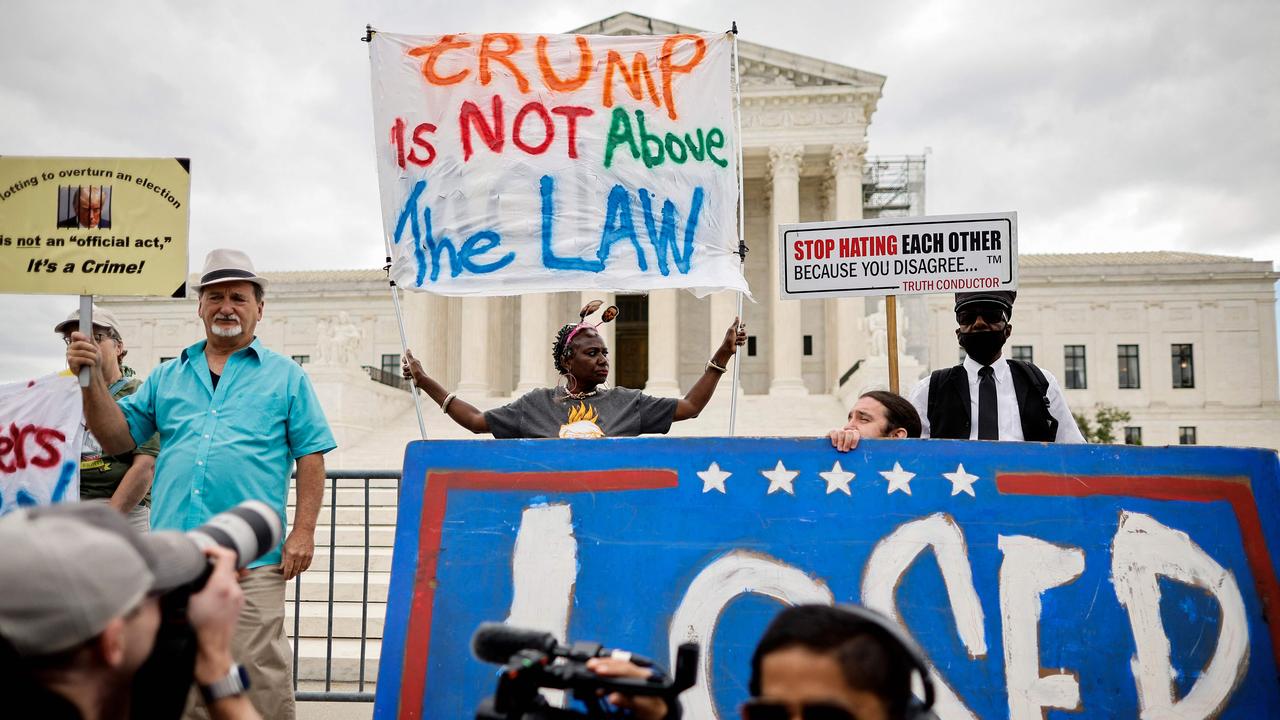
One of Mr Trump’s lawyers, John Sauer, answered that a president would have to be impeached and convicted first. He claimed that immunity applied to presidential but not personal conduct.
Slam dunk? Not so fast
Initially, many legal experts posited that Smith’s position against “absolute” immunity was a slam dunk and anticipated the Supreme Court would spurn Mr Trump’s plea for a so-called get-out-of-jail-free card.
But during oral arguments before the Supreme Court in April, it was clear that its conservative majority was deliberating seriously over the question, seemingly hunting for some sort of middle ground and insinuating that the lower courts didn’t do enough due diligence on it.
Arguments from both sides lasted about two hours and 40 minutes, notably longer than usual. The conservative justices fretted that tossing out Mr Trump’s immunity case carte blanche could pave the way for politically laced tit-for-tat prosecutions against presidents down the road.
“I’m not concerned about this case, but I am concerned about future uses of the criminal law to target political opponents based on accusations about their motives,” Justice Gorsuch said at one point.
“We’re writing a rule for the ages.”
The justices mused that most prosecutors were easily able to get a grand jury to hand down indictments, and fretted that an absence of any presidential immunity could be destabilising, because chief executives would become prime targets for such tactics.
In the run-up to the top court’s decision, Mr Biden stayed largely quiet but said he “can’t think of one” reason why presidents should have total immunity from prosecution.
- with The New York Post